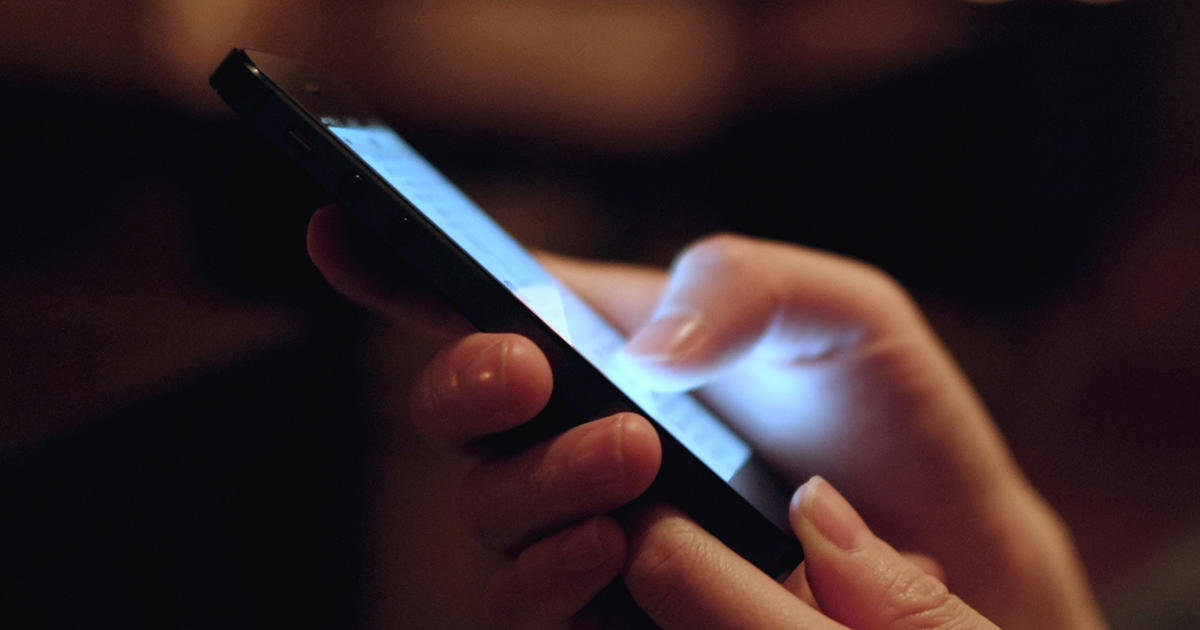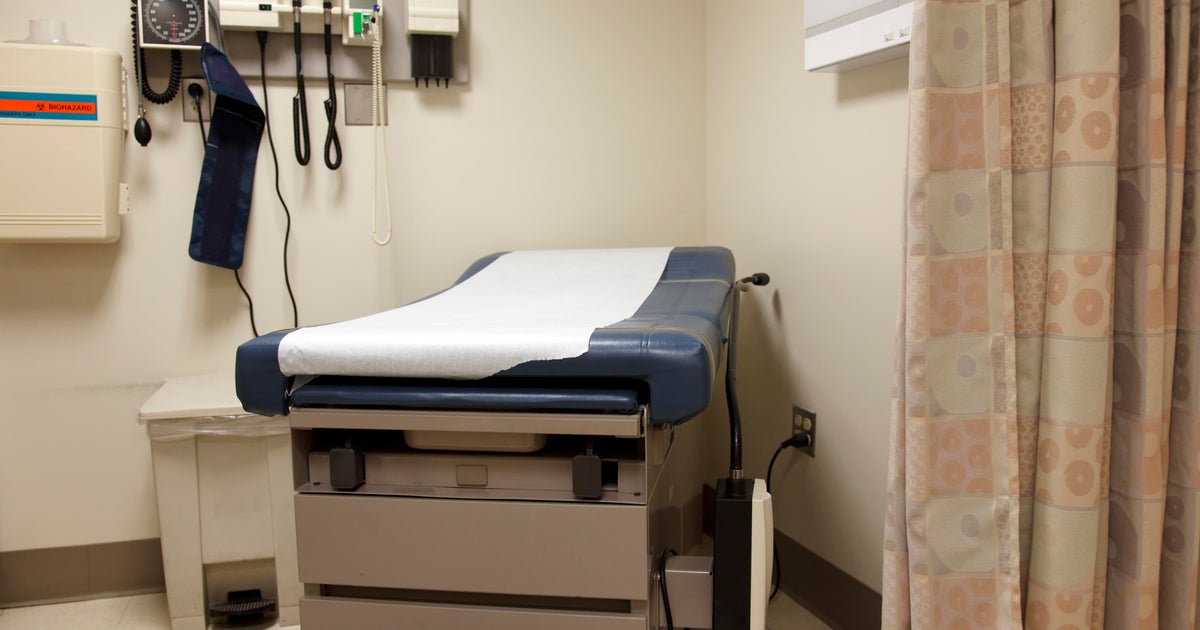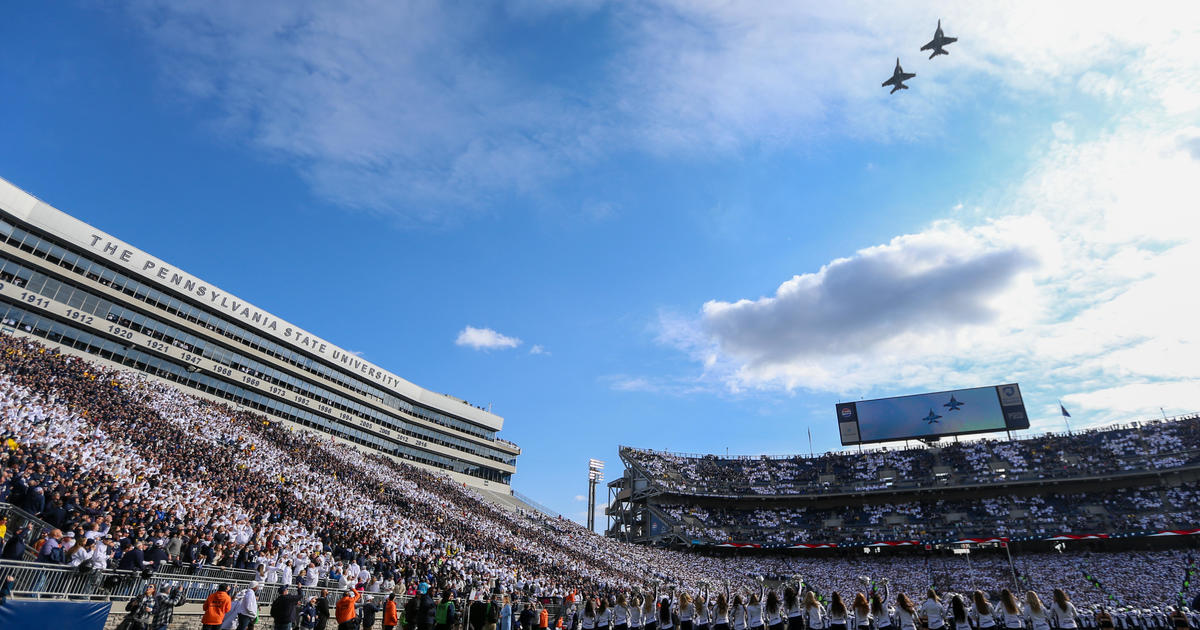Medical Marijuana Patients Say They Are Being Discriminated Against And Denied Jobs
PITTSBURGH (KDKA) -- More than 600,000 Pennsylvanians are card-carrying patients who use medical marijuana for a variety of conditions and ailments.
But though state law makes it legal, some patients say they're being discriminated against and denied jobs.
Since she was a teenager, Jen McQuade has suffered from shooting pains from ulcerative colitis and Crohn's disease. But she said that all changed when she began using a concentrated marijuana extract and vaporizer.
"Six weeks after using medical marijuana, I went from being at my worse medically to living a normal life, which is remarkable," she said.
But in addition to $65 a month to use the drug, relief has come with another cost. Recently, the single mother of one said she was offered a $75,000 a year job as a risk manager for the Brayman Construction Company in Saxonburg, but the company rescinded the offer the next day when she showed them her medical marijuana card.
"I was devastated," McQuade said. "I can't believe that somebody would not look at me the same way because I take medicine that I go to a pharmacy for."
Says her attorney, Steven Auerbach, "These people are being forced to choose between their medicine and their job. It's a grave injustice."
McQuaid has now filed suit against Brayman for job discrimination. Her attorney said she's one of the hundreds -- perhaps thousands -- of Pennsylvanians who have been denied employment for the legal use of medical marijuana.
The state law seems clear: "No employer may discharge, threaten, refuse to hire or otherwise discriminate against ... an individual who is certified to use medical marijuana."
But businesses say it's not that simple.
Employer attorney Jean Novak said state law has many exceptions. For instance, employers can legally deny employment to medical marijuana users applying for jobs in high places like high voltage electrical workers or confined spaces like miners. And since marijuana is still classified by the federal government as a Schedule I drug, Novak said federal agencies can rightfully deny employment.
On top of that, employers say they have discretion.
"I'm doing what I am permitted to do -- that is keeping the public safe and keeping my other employees safe," Novak said.
McQuade says she doesn't get high off the drug and uses it only at night to relieve pain and sleep. She added that she's perfectly lucid to perform a desk job in the morning.
Novak said the law needs to be clarified to protect all involved.
"It would be helpful to employers, it would be helpful to patients and be helpful to attorneys on both sides of the question," she said.



